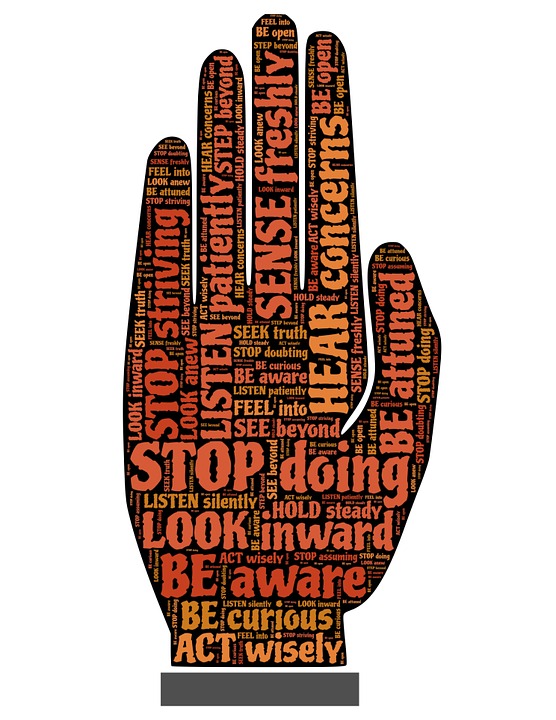There’s a long tradition of religious people calling on various thinking systems to help them make sense of life. Religion, in my opinion, is at its best when it is helping us make meaning of our lives, and that is only enhanced and authenticated when it takes into consideration as many of the human capacities as possible.
A fairly recent example (over 200 years old) is the Wesleyan Quadrilateral, formulated by the founder of modern Methodism, John Wesley. Wesley was himself an Anglican clergyman, and he offered that the way to truth was four-fold: scripture, tradition, reason and experience.
When I step back and consider those (and much of my early life was shaped by this approach) Wesley is really offering three means by which we make sense of our lives: content, human reason and human experience.
 Content: by the Wesleyan method, this content came from biblical scriptures and Christian traditions. While Unitarian Universalists subscribe neither to a scripture dogmatically defined nor to a set tradition, we do have writings of both a religious and secular nature that inspire us and traditions both small and large that sing within our hearts and lives.
Content: by the Wesleyan method, this content came from biblical scriptures and Christian traditions. While Unitarian Universalists subscribe neither to a scripture dogmatically defined nor to a set tradition, we do have writings of both a religious and secular nature that inspire us and traditions both small and large that sing within our hearts and lives.
Reason: We value the human quest for truth and meaning. We listen to the voices of women and men who lead the way into justice by their words, thoughts and examples. We honor the humanistic tradition which values the human ability to think, reason, explore, ask questions, form hypotheses, experiment and develop insight.
Experience: As I wrote in yesterday’s reflection, experience is that human avenue which connects our thinking and feeling lives in ways that transcend our cultural training to separate them or to mistake the one for the other.
On any day, when we seek guidance and direction, we can call on this progressive form of the Wesleyan quadrilateral. When we seek guidance, what content informs us–inspirational writing and relational practices that sing deep from within our souls? When we seek guidance, what do our own questions, observations and experiments and those of others offer us? When we seek guidance, what experiences do we have of our own that informs our thought and feeling lives?
There are no absolute answers to the complex issues that face us in our lives, but there are these time tested avenues of inquiry, avenues that can offer us trustworthy guidance.
Bob Patrick
